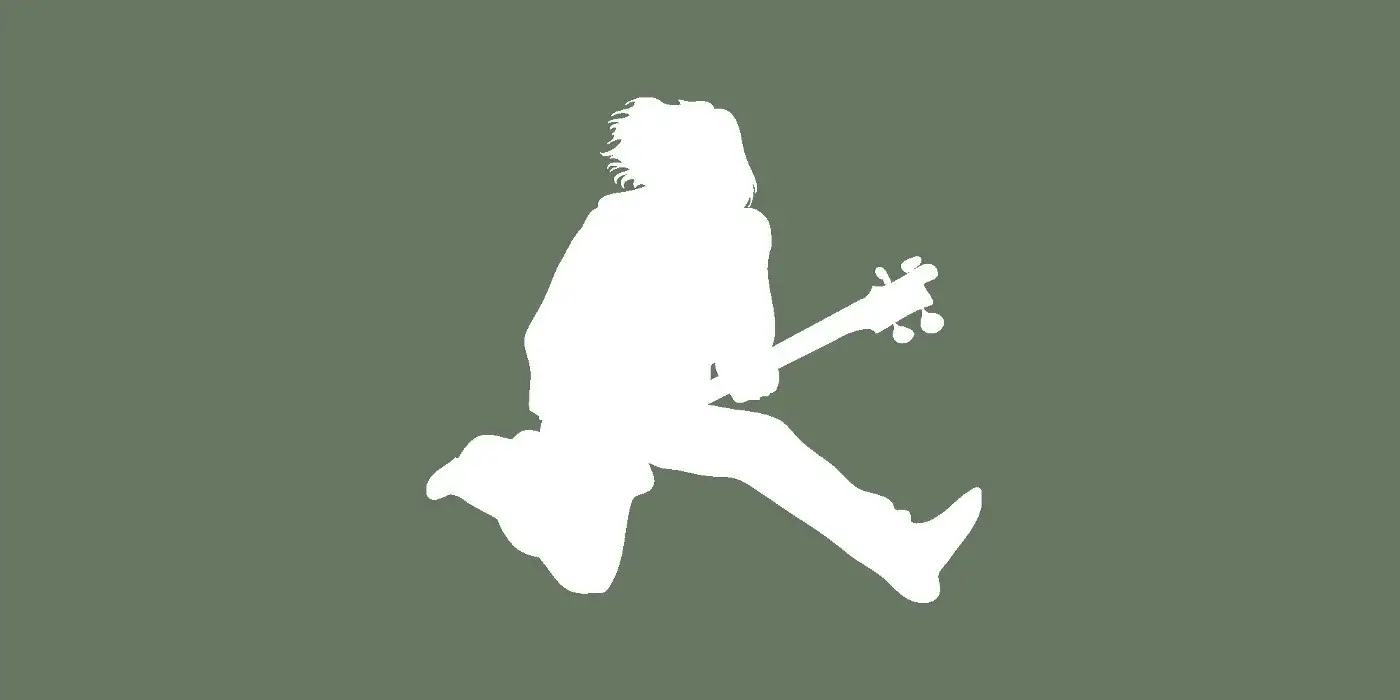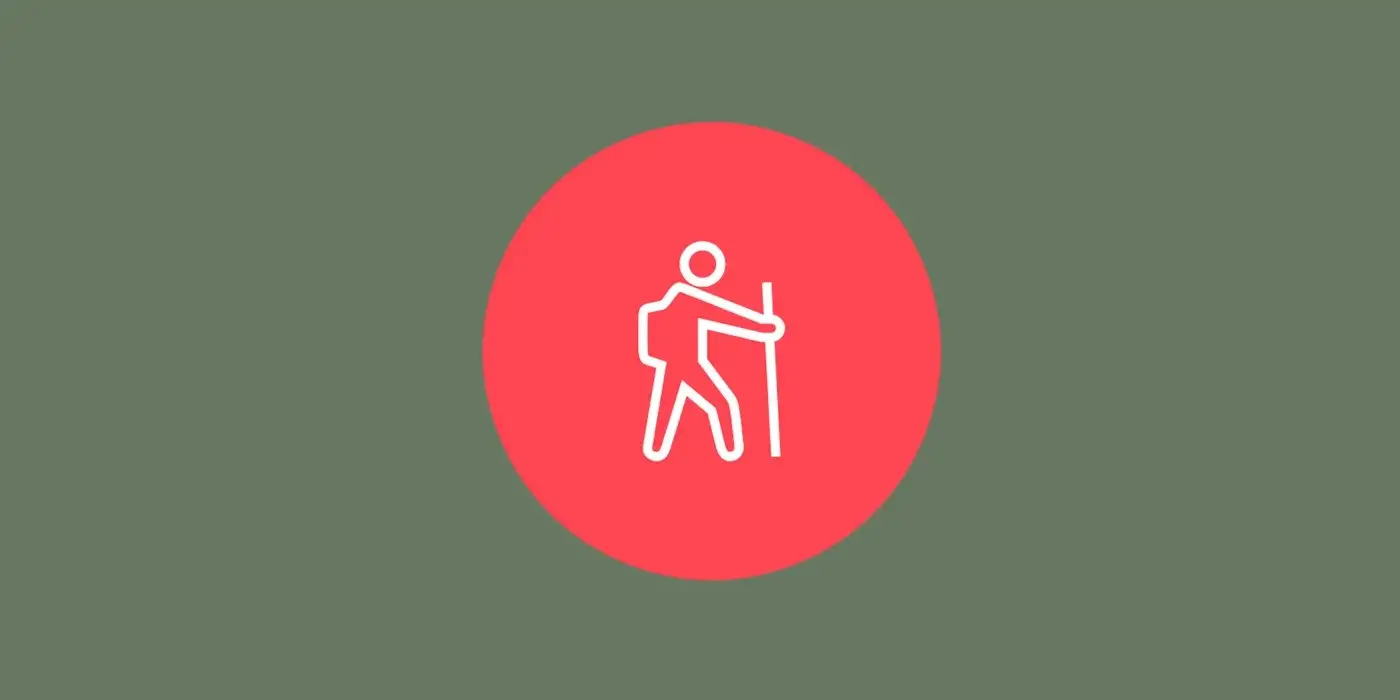
This was an eventful year for the world, to say the least. For me, it was an echo of the immortal words of Charles Dickens: it was the best of times, it was the worst of times. It was the year I started creating content in addition to my regular freelancing work. I wrote close to 40 articles and published my first course on Udemy.
It was also the year of lockdowns, Covid-19, and frustrating socio-political strife.
In 2020, I’ve had more interactions with fellow writers and fellow software developers than ever before. I’ve seen the good, the bad, and the ugly of online marketing.
These are the lessons I learned.
Great content is built on experience, not creativity
Everything I wrote that I thought was a fun thought experiment got a lukewarm reception. On the other hand, articles based on my personal experience performed well. Readers want to learn from people who have done something notable. They don’t want to be philosophized at.
At first, I was a bit annoyed by this. Weren’t my ideas worthwhile? Then I realized that I was just the same as my readers — I rarely opened any thought pieces myself, so why should I expect them to? When I started out, I was asking myself the wrong question: what idea can I explore in writing?
The real question you should ask yourself if you want people to actually read your writing is: who do I want to compete against? If you write an article about how you accomplished something, you are the #1 authority in the field. Nobody can compete with you. If, on the other hand, you write an article about the morality of religion, you’re suddenly competing against Nietzsche and Dostoevsky.
There’s a whole spectrum in between those extremes. At first, you should spend as much time as possible writing at the personal experience extreme. As your audience grows and you become more trustworthy, you should experiment with forays towards the other extreme and see how far you can go.
In nonfiction, then, creativity should not be applied when inventing a topic; — it should be applied when inventing a way to present your experience in a dynamic and inspirational way.
Discipline is the best determinant of success
People talk a lot about talent, especially in sports and music. One major thing I learned this year is that talent is a fringe occurrence. Forget about talent.
Forget about talent for two reasons:
- Most success is built on hard work, a desire to learn, physical ability, and an opportunity to find good teachers. This year I read several books by sports psychologists, coaches, and journalists who explored this. The resounding conclusion is that what people call “talent” is a mix of the above. The truly extreme cases, the child prodigies, your Mozarts and your Picassos, perhaps had some magic about them. Or, perhaps, their natural inclination towards music or painting made them apply the formidable plasticity of a child’s brain to those areas with such intensity that they progressed at an unfathomable rate.
- If I’m wrong and most success is based on innate ability rather than development, then you should definitely not think about talent. Why think about something you can’t change? All it does is give you an excuse to fail with the defeatist declaration that the other guys are just more talented than me. Thus, the real magic formula is not magic at all: the right environment, a lot of desire, and discipline over an extended period of time make a superstar.
Remote work is here to stay
Employees love remote work. Employers are warming to it because it cuts costs. Some segments of the media are fighting against it for some reason. Some even want to tax it.
I’ve got news for you: it’s not going away. Something that works for both sides of an economic agreement (the employer and the employee) is not going to be derailed by 3rd-party interests. Let me tackle, for a moment, the two main arguments against working from home.
- People have to deal with loud children and distracting pets during work hours. This is true, but temporary. When the lockdowns are over, those hurdles can be handled much more effectively.
- It’s bad for
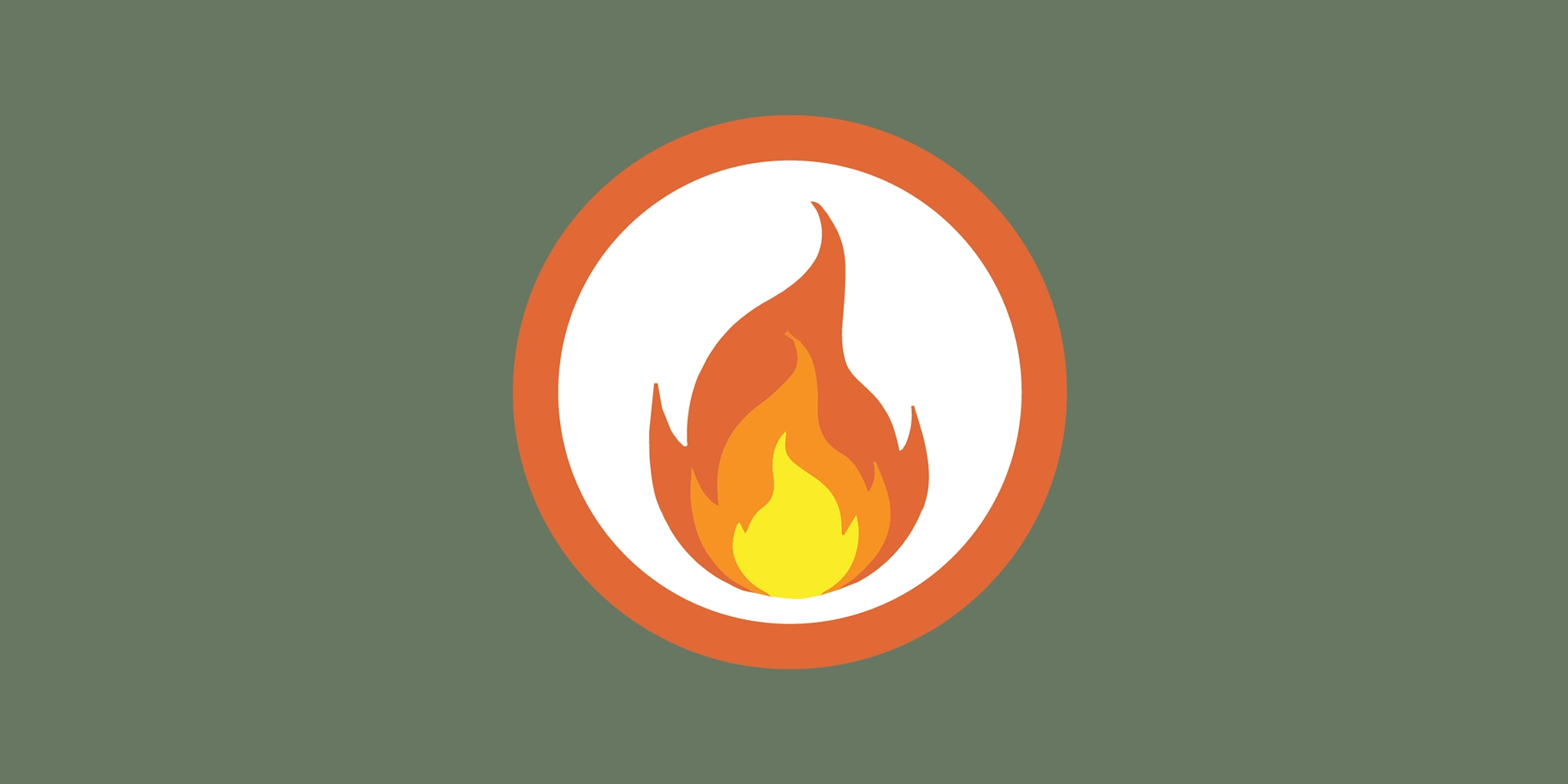 How To Avoid Burnout as a Freelancer: The 70-30 Rulemental health as it reduces human contact. I hate to be captain obvious, but this entire year has been marked forever as the year of reducing human contact. In that regard, not going to the office is no different than not going to bars or the gym. Once people can socialize freely again, going to the office will go back to being what it always was for many professions: a chore and a nuisance.
How To Avoid Burnout as a Freelancer: The 70-30 Rulemental health as it reduces human contact. I hate to be captain obvious, but this entire year has been marked forever as the year of reducing human contact. In that regard, not going to the office is no different than not going to bars or the gym. Once people can socialize freely again, going to the office will go back to being what it always was for many professions: a chore and a nuisance.
People can also eat better at home, spend less, stress less, commute less, and pollute less.
Self-promotion isn’t as bad as it sounds
I used to despise everything that resembled self-promotion in the least. This year, I realized that there are two very different kinds of self-promotion.
- Vanity promotion. This includes flaunting wealth, flaunting good fortune, and even flaunting humility. I still feel the same way about this.
- DIY marketing with the intent of selling a service or product. Sometimes this requires the intermediary step of
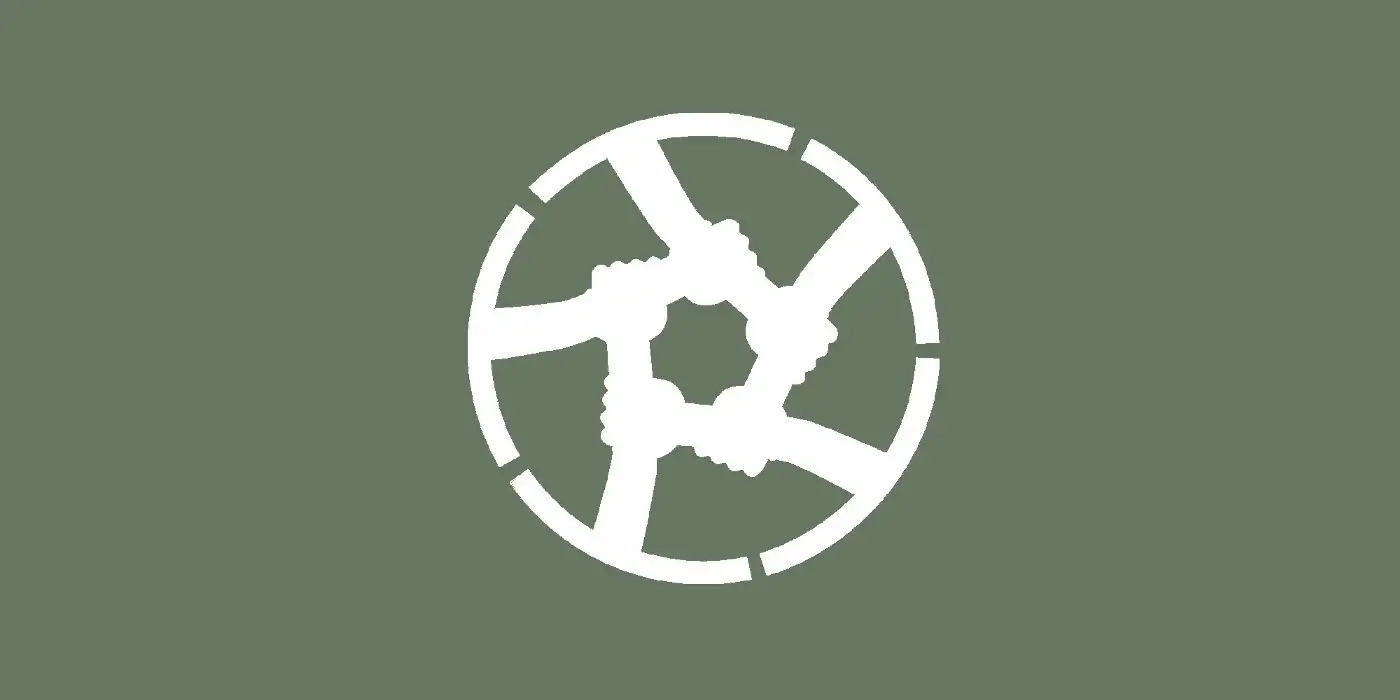 Community-as-a-Service: A Business Model for the 21st Centurybuilding an audience, and that’s perfectly fine. As a freelancer, writer, or solopreneur, you are your own brand, and brands must have an audience to have an effective presence.
Community-as-a-Service: A Business Model for the 21st Centurybuilding an audience, and that’s perfectly fine. As a freelancer, writer, or solopreneur, you are your own brand, and brands must have an audience to have an effective presence.
Since I started writing articles and recorded my freelancing course, I’ve also been active on Twitter. As far as I can tell, it is the best place to build a large audience without too great a time commitment.
Conclusion
I am ending this year involved in more projects than ever, and I’ve never been happier. I ascribe this to increased discipline and to the freedom provided by my 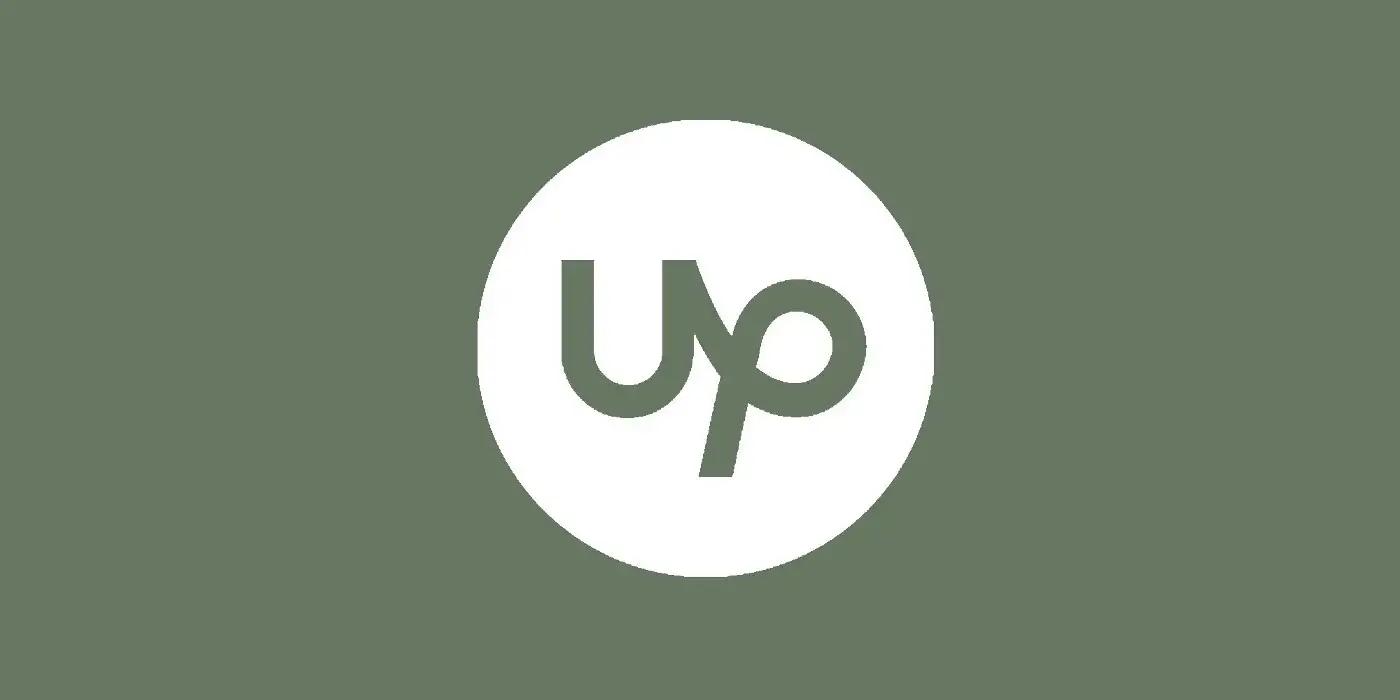 How I Made Over $150k on Upworkmain freelance business.
How I Made Over $150k on Upworkmain freelance business.
I hope the year has been as fruitful for you as it has for me, and that 2021 will be even better.
Happy holidays!
Don't miss the next blog post!
I publish a new blog post every Wednesday. Join the newsletter to get:
- One valuable email a week.
- Zero spam.
- Exclusive content not found in the blog.
- Reply directly to me with questions or feedback.
Use the form at the bottom of this pageon the right to join the newsletter.

